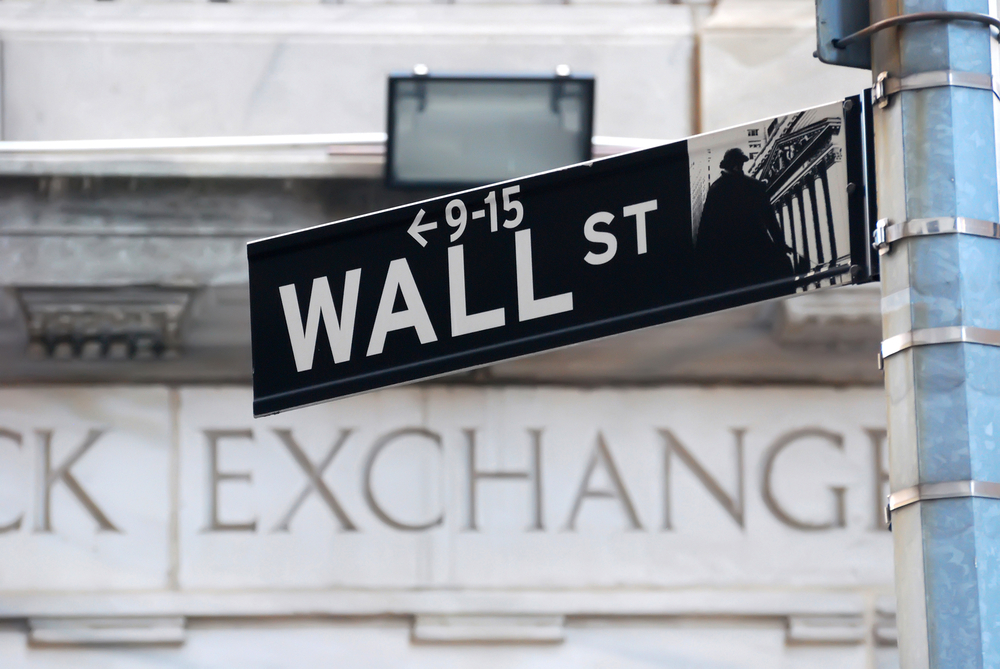Wall Street Firms Complete Successful Blockchain Test

Seven Wall Street firms including four global banks have announced the successful testing of blockchain technology used for credit default swaps’ trading process in post-trade lifecycle events, a market wherein outstanding contracts amount to in the trillions of dollars.
In a new initiative that further underlines the financial industry’s determined foray into embracing blockchain technology, seven Wall Street firms have announced the successful test of blockchain technology used for credit default swaps (CDS).
Credit-default swaps are fundamentally insurance contracts which are paid off when a bond fails. In such an event, banks look to match the buyers and sellers before using Wall Street data provider Markit Ltd. To transmit the trades. A record of the CDS is also established at the Depository Trust & Clearing Corporation (DTCC), Wall Street’s go-to bookkeeper.
According to DTCC figures, there is a total of $6.7 trillion in outstanding contracts and that’s without including offsetting trades in the CDS market.
A press release from DTCC read:
The first of its kind initiative demonstrated that the complex events inherent to CDS, including payments, amendments, novations and compressions can be efficiently managed on a blockchain in a permissioned, distributed, peer-to-peer network.
Altogether, the group included Bank of America Merrill Lynch, Citi, Credit Suisse, J.P. Morgan & blockchain-tech firm Axoni, data provider Markit & DTCC.
The blockchain test commenced in early March, with the participants conducting a diverse collective of 85 structured test cases to assess lifecycle functionality, integration with external systems, network resiliency, and data privacy.
The press release confirmed a 199% success rate across all 85 tests.
In a statement, DTCC CEO for the Derivatives segment Chris Childs stated:
Blockchain and distributed technology has the potential to revolutionize highly manual, complex process across global financial markets. This test reinforces that collaboration among service providers will be critical to ensuring the technology is harnessed, assessed and implemented consistently.
The Blockchain Test
The test saw Markit develop smart contracts from CDS trade confirmations to create a distributed, synchronized record on the network. The smart contracts were programmed with terms and logic to manage permissions and event processing, for triggering automation.
Furthermore, the test also revealed that distributed ledger technology could enable further transparency for regulators who will be able to assess financial events in real time. Such events include individual trade details, counterparty risk metrics and systemic exposure to each reference entity.
With the test, blockchain technology replaced electronic CDS agreements on separate servers with one common record on a shared distributed ledger.
Speaking about the success of the smart-contracts-based test, managing director of Markit’s Processing division, Brad Levy stated:
This collaboration in CDS illustrates how smart contacts can facilitate higher levels of automation in OTC markets.
Emmanuel AIdoo, the head of the Blockchain and Distributed Ledger Function at Credit Suisse added:
Our experiments with Axoni demonstrate that confidentiality and privacy can be preserved between bilateral parties on an immutable distributed ledger at scale.
The news comes at a time when the DTCC has also partnered with blockchain-tech firm Digital Asset to develop and test a distributed ledger solution to manage the clearing and settlement of repurchase or repo agreements.
Featured image from Shutterstock.